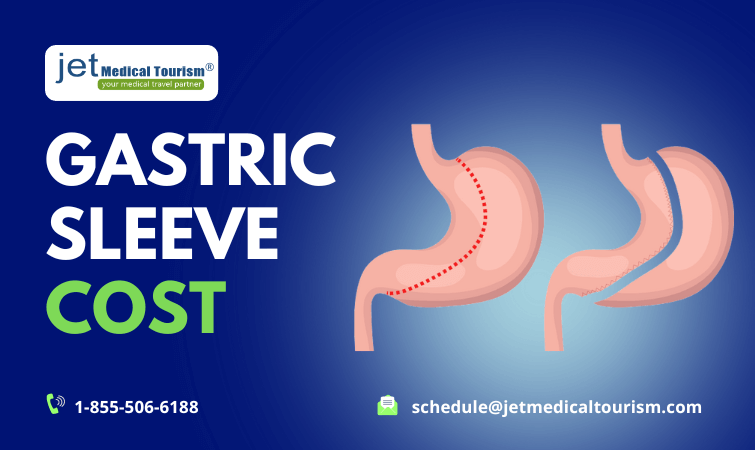Dysphagia After Gastric Sleeve, Difficulty Swallowing
 Dysphagia after gastric sleeve, also known “difficulty swallowing” is a common post-surgical complication for patients undergoing gastric sleeve surgery.
Dysphagia after gastric sleeve, also known “difficulty swallowing” is a common post-surgical complication for patients undergoing gastric sleeve surgery.
While this is undoubtedly uncomfortable, the good news is that it’s typically easy to treat and sometimes will go away on its own.
Dysphagia After Gastric Sleeve – Why Does It Happen?
There are a few reasons that dysphagia can occur after bariatric surgeries such as gastric sleeve surgery, the main two being that the sleeve itself is too narrow, thus creating a stricture. If the sleeve is just too thin, your surgeon will likely treat it medically through dilatation (expansion) of the sleeve.
- Strictures have the potential to be more serious and complicated to treat when they are caused by things like scarring, staples, lack of blood flow, or ulcers. But this is not common with gastric sleeve surgery.
- They would typically be noticed a few weeks after surgery, but can also appear later, especially if you have a history of problems with ulcers.
- Generally, dysphagia occurs as a result of the new esophagus and stomach being significantly narrower than before. So there is simply less room for food and liquids to pass through.
- So temporary dysphagia will likely happen if you are eating too fast, attempting to swallow big bites, consuming food that is too dry, or eating solid foods before you are ready to.
Having trouble swallowing may indicate stenosis as well as vomiting, nausea, fullness, and problems eating some foods.
Prevent and Treat Dysphagia After Gastric Sleeve
The main things you need to do to manage and prevent dysphagia (and associated symptoms like GERD, nausea, and vomiting) is to stick to your specified diet plan immediately after gastric sleeve surgery and to carefully listen to your body as you do so.
- If you eat too much, the pieces of food are too big, or you eat too fast, food will get backed up causing pain and pressure in the esophagus and throat. If you are experiencing dysphagia, you must stop eating, or you will probably be sick.
- Chewing each bite 15 times and taking a break between every bite will help, as will putting down your utensils in between bites.
- You’ll also want to stick to soft, moist foods until you are positive that you are comfortable expanding your diet to solid foods.
If you find that your dysphagia is problematic more than four weeks or so after your gastric sleeve surgery, if you can’t drink fluids, or if you are in pain, then you should call your doctor because it could be a stricture.
Find out if you qualify for the Tijuana Gastric Sleeve by clicking through to our online application form or contact us today to find out more.
[button link=”https://jetmedicaltourism.com/apply/” type=”big” color=”blue” newwindow=”yes”] See If You Pre-Qualify[/button]
[button link=”https://jetmedicaltourism.com/contact/” type=”big” color=”blue” newwindow=”yes”] Contact Us Today[/button]




